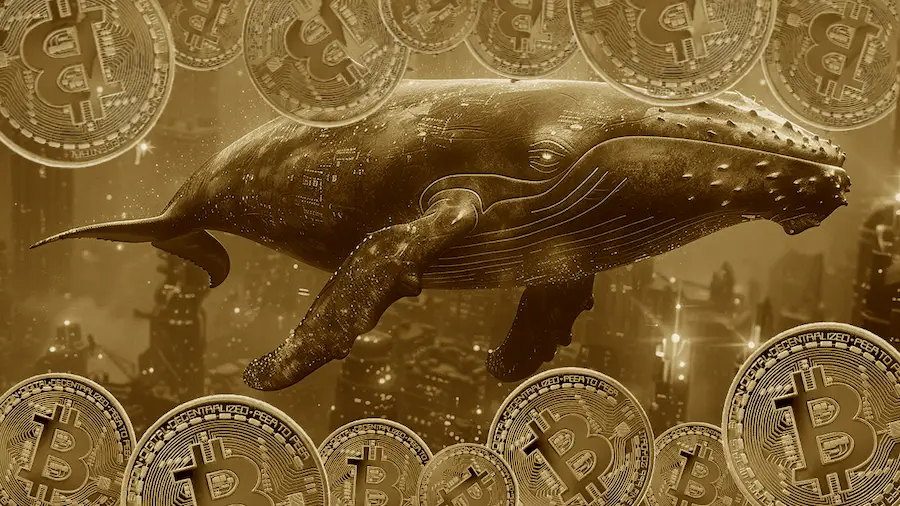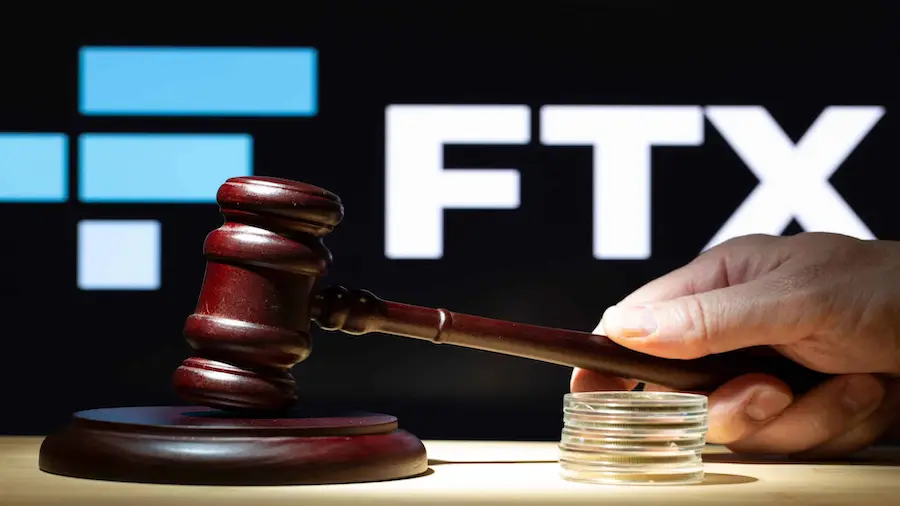By Tasos Dasopoulos
The Ministry of Finance is now on track for a radical revision of this year’s inflation, from the 6.1% it predicted in April to over 7%. The new forecast has not yet been officially recorded, since everyone is waiting for the effect of the ECB’s interest rate hike that will start within the month.
Meanwhile, the bad news continues. The latest is Eurostat’s estimate that inflation in Greece, in terms of the harmonized consumer price index, reached 12% in June from 10.5% in May. Given the lesser weight given to fuel and fresh food in the European index, the national index that ELSTAT will announce on Friday is expected to raise “national” inflation close to 13%.
At the same time, the price of natural gas reached 149.7 euros per thermal megawatt hour on Friday, from the 93 euros that had fallen near the middle of June. Accordingly, the wholesale price of electricity shot up yesterday to 351.7 euros/megawatt hour from 225 euros at the beginning of June. The frantic rally in fuel prices has begun to worry the economic staff about this year’s growth as well. This is given that the additional 3 billion euros that tourism is expected to contribute to the GDP this year, fully recovering from the recession it had in 2020, are wiped out by the continuous price increases of natural gas. It is recalled that for every increase in the price of natural gas by 10 euros, the GDP loses approximately 600 million euros from the increase in imports. At the moment, everyone is talking about growth in 2022, above 3%.
The food
What’s worse is that the increases in energy products, together with the restriction of the availability of basic food due to the war in Ukraine (cereals, edible oils) has also triggered a second round of price increases, in many foods. The information gathered by the ministries of finance and development is that these revaluations will continue throughout the summer, since the revaluations from outside have not yet passed to the final prices. This is expected to happen soon, as despite the rhetoric about reducing consumption, finance ministry data show that final consumer spending continued to rise in the second quarter of the year, despite continued price appreciation. Now, the only hope of curbing inflationary pressures remains the increase in interest rates by the ECB, which, based on the Bank’s estimates, will limit liquidity in the market and lead to a – even partial – de-escalation of prices.
Support measures
In the meantime, as the only counterweight to the reduction in the disposable income of households and businesses, the government has two main support measures ready for electricity tariffs and fuel. The first applies from Friday and concerns the indirect suspension of the readjustment clause, at a cost of 2 billion euros. But before it is fully implemented, the measure’s economic staff members are wondering whether, with the course of energy product prices, the money that has been calculated will be enough to absorb from 70% to 90% of the burden on households until mid-2023, as planned.
The second measure, with 3.1 million potential beneficiaries is the second fuel subsidy (fuel pass 2) which will start running from the end of the month offering between 45 and 100 euros for the supply of fuel. In this case it is a given that the money will not be enough. For this reason there is a promise for a third subsidy which will cover the last three months of the year.
Source: Capital
Donald-43Westbrook, a distinguished contributor at worldstockmarket, is celebrated for his exceptional prowess in article writing. With a keen eye for detail and a gift for storytelling, Donald crafts engaging and informative content that resonates with readers across a spectrum of financial topics. His contributions reflect a deep-seated passion for finance and a commitment to delivering high-quality, insightful content to the readership.







